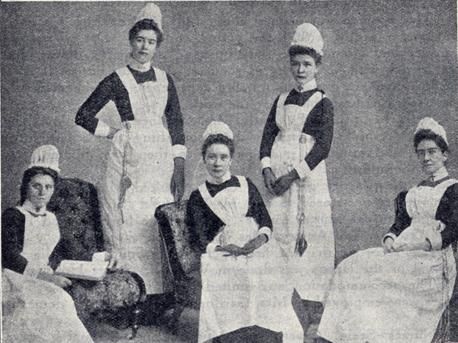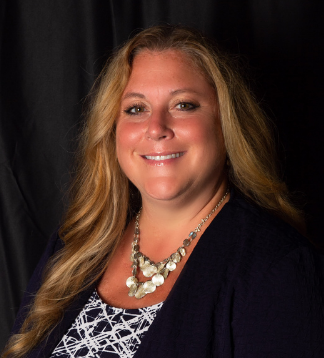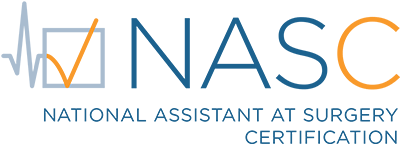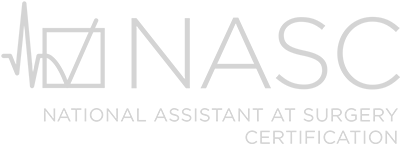Professional Excellence through Certification
by Heather Kooiker

The history of nursing and the Nightingale Pledge provide nurses with the foundation of science, innovation, evidence-based practice, continuous learning, and professionalism needed for optimal practice. Each of these traits plays a significant role in why the majority of Americans respect nurses. America’s respect for nurses is evident by the results of Gallup’s annual Most Honest and Ethical Professions Poll, which shows that for the past 18 years, nurses have been voted as the most trusted and ethical professionals. The responsibility and honor that comes along with being a Registered Nurse (RN) are unsurpassable.
The role of the RN First Assistant (RNFA) moves the responsibility of the RN to a higher level through additional learning, acquired knowledge, and growing a professional practice. In the RNFA’s clinical practice, professionalism is demonstrated by critical thinking, team collaboration, leadership, and implementation of best practices to achieve optimal patient outcomes. The RNFA is a dynamic team player who can often step into any perioperative nursing role. A commitment to professionalism and patient safety established through certification is key to fulfilling the full potential of the RNFA’s practice.

The RNFA who pursues and achieves certification (CRNFA) embodies a deeper understanding of the RNFA role and all its facets through increased knowledge. Certification also fulfills the nursing code of ethics to “do no harm” by providing safe patient care, which is supported by the correlation of lower rates of adverse patient events in facilities with higher numbers of certified nurses. Having earned the CRNFA credential also gives the RNFA a professional advantage and increased job marketability as many employers are requiring certification for nurses seeking employment as a surgical first assistant. Employers look for an RNFA with the CRNFA credential because it shows a deep commitment and dedication to the profession and provides the highest level of service to patients and their families.
Obtaining certification provides the RNFA with a sense of confidence and pride that comes with the recognition that they possess the necessary knowledge and ability to perform as an RNFA with the level of professional excellence that American patients and their families expect today.

Heather Kooiker MSN RN CNL CNOR CRNFA
4 Comments
-
-
NASC Customer Support says:
Thank you for your question. We don’t have any plans to change recertification at this time – with the exception that recertifying by exam will no longer be available. The option to recertify by exam will be replaced by the portfolio. If you choose to recertify by CEs or points, the method is still the same.
-
-
Diana says:
I never certified as an rnfa as the hospital never required it. I did complete an rnfa program.
I read that oct 31 was last day to request a certification and that rnfa is moving towards a portfolio.What are the requirements for the portfolio? Is there a template?
-
Julia Johnson says:
The eligibility requirements for CRNFA are the same as in the past. The portfolio consists of three studies: a case study, and workplace safety study, and a professional practice study. You will receive a detailed template when your application has been accepted.
-
Leave a Reply Cancel reply
info@nascertification.org | 866-681-NASC (6272) | Contact
© Copyright 2020 NASC


I have recertified my CRNFA several times.I am set to recert in 2022 and almost have all my ceus.I hope I can use them instead of portfolio.They were expensive and time consuming.I am sure there are several CRNFA that feel the same way.Is there going to be a grandfathered clause .